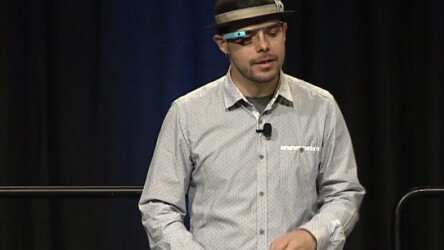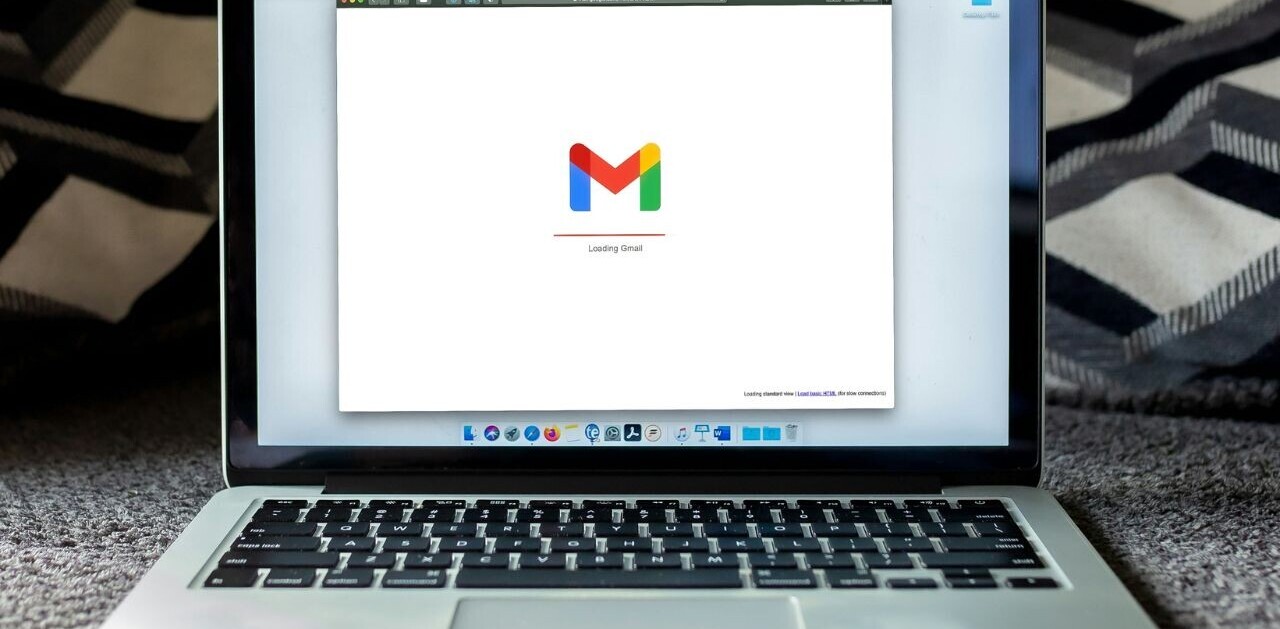
Today, Google posted a notice to its Google Glass channel on G+ that lays out its plan to prevent abuse of facial recognition on the head-mounted computer. Its solution? Reject any Glassware that uses it until they have proper protections in place.
Since Glass began hitting people’s faces, the questions about how a wearable camera with a computer attached would affect privacy have been ramping up. Specifically, facial recognition technology jumped out as a concern. If Google Glass can take HD video of you, why couldn’t it match your face up with a G+ profile or other data set and allow the user access to more information at a ‘glance’ than you’d care to give them?
Now, Google has outlined an official policy about Glassware with facial recognition elements:
When we started the Explorer Program nearly a year ago our goal was simple: we wanted to make people active participants in shaping the future of this technology ahead of a broader consumer launch. We’ve been listening closely to you, and many have expressed both interest and concern around the possibilities of facial recognition in Glass. As Google has said for several years, we won’t add facial recognition features to our products without having strong privacy protections in place. With that in mind, we won’t be approving any facial recognition Glassware at this time.
We’ve learned a lot from you in just a few weeks and we’ll continue to learn more as we update the software and evolve our policies in the weeks and months ahead.
The updated developer policies on Google’s Glass developer site has added a new clause that states:
- Don’t use the camera or microphone to cross-reference and immediately present personal information identifying anyone other than the user, including use cases such as facial recognition and voice print. Applications that do this will not be approved at this time.
As part of its response to congressional concerns over Glass privacy, Google has also codified its statement that it won’t allow the display to turn off while shooting an image or video. That’s now a hard rule as well. Google also added the Android section on content policies that cover things like gambling, viruses, hate speech and more.
Google engineers said something similar during an I/O session about Glass. Our own Alex Wilhelm reported on the facial recognition question:
Facial recognition is something that Google has worked on. They can imagine it existing through a third party. The company appeared to decline stating that they would build it themselves, likely to avoid painfully ignorant headlines. The company is “not scared” of it, but wants to ensure that it has clear user benefit.
Obviously wearable computing that combines camera technology, an always-on connection and a computing platform poses a bunch of privacy and security challenges, not just facial recognition. But it appears that Google has been feeling enough heat about this particular feature to ban the apps until they can get a policy in place.
Note that this official policy applies to apps that are ‘Glassware’. That means that they use the Mirror API and are installed via a web interface. These apps have limited access to the hardware and must be allowed by Google. Developers can build whatever native apps they like, root the device and install them directly. Google has even stated that it is working on a native API for Glass. But, for now, the official channel for facial recognition apps is closed.
I’ve been using Glass myself and have some mixed feelings about it. I’m not bullish or bearish on it, but find it interesting and something definitely worth ‘pulling the string’ on, to borrow Tim Cook’s phrase. There are some very interesting applications here, but it’s definitely a ‘far future’, not ‘near future’ technology.
Get the TNW newsletter
Get the most important tech news in your inbox each week.





